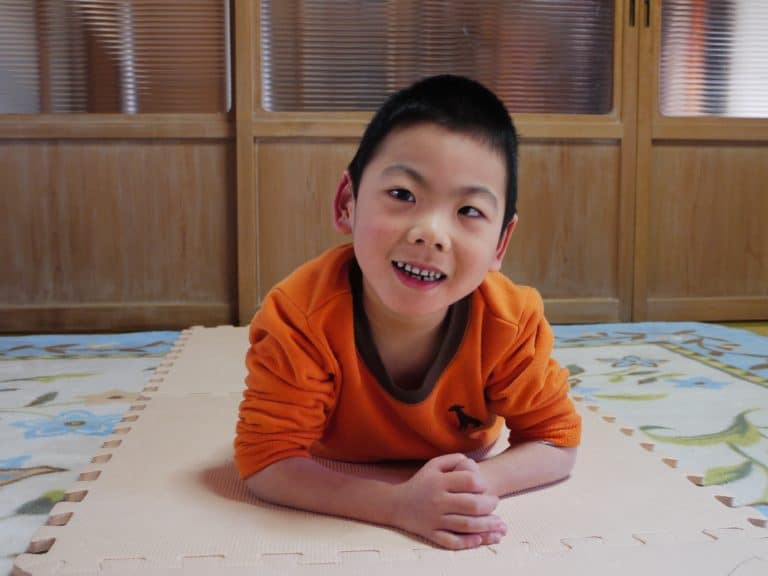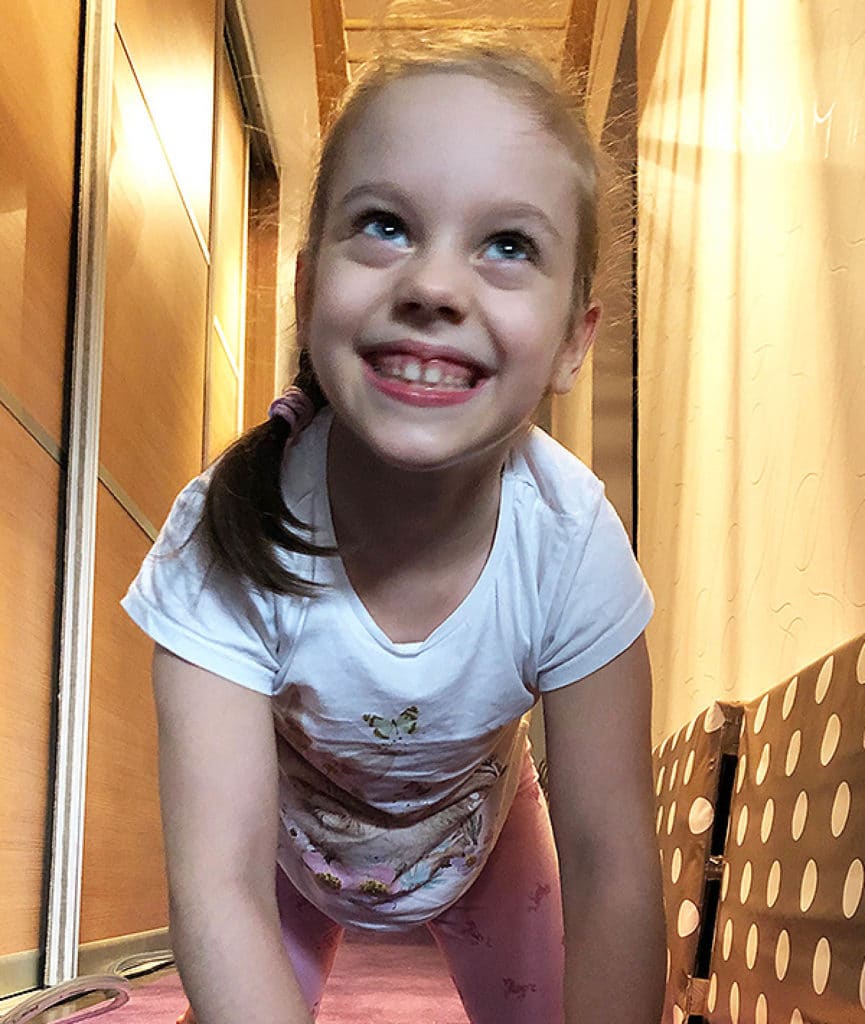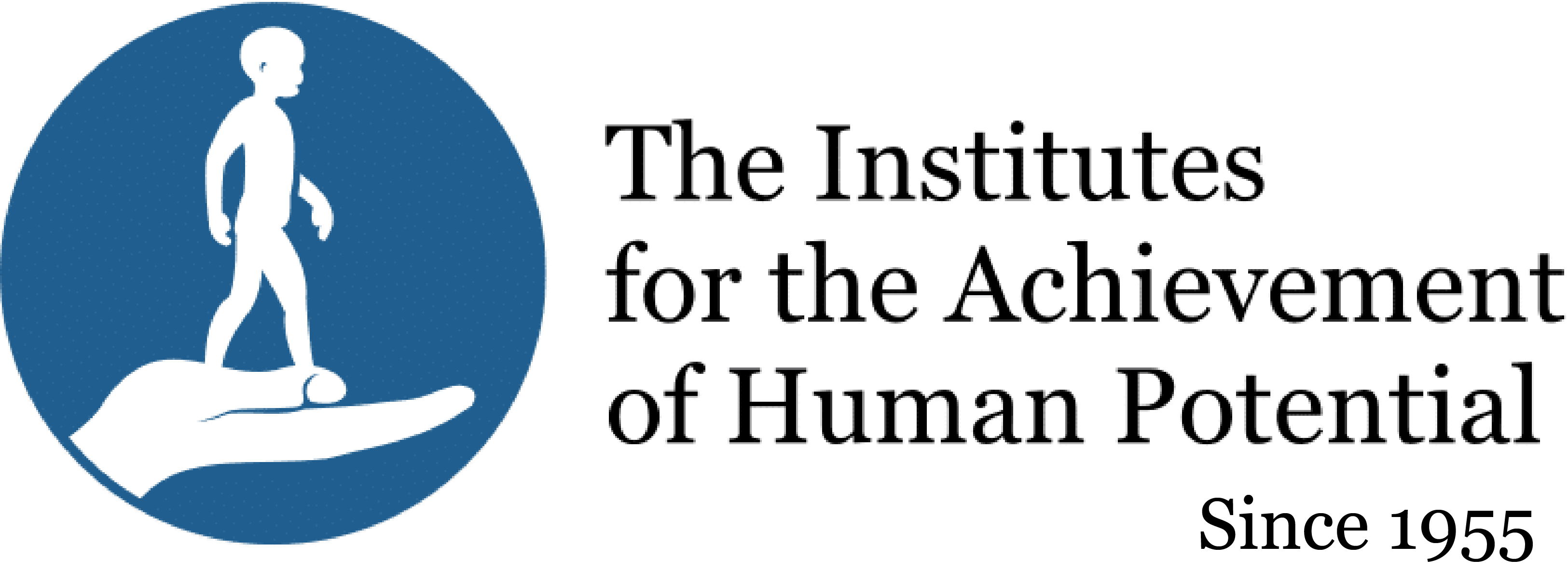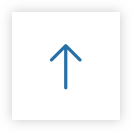Common Diagnoses
Common Diagnoses for Brain Injury
Little children are often given a diagnosis of their symptoms, rather than a description of their underlying brain injury and a path to wellness. That is why we exist.


300+ Labels Describe The Symptoms of a Brain Injury
Historically, children diagnosed with autism, developmental delay, cerebral palsy, attention deficit disorder, hyperactivity, learning problems, dyslexia and a host of other symptomatic diagnoses have been considered hopeless. There are more than 300 different labels that are commonly used to describe brain-injured children.
Of course, these children are not hopeless. The vast majority of these labels are not proper diagnoses, but rather descriptions of the symptoms of brain-injured children. To be successful, one must treat the brain—where the injury actually exists.
Common Labels
Is your child brain-injured? These are the most common labels for brain-injured children:
Autism
Cerebral Palsy
Developmental Delay
Attention Deficit Disorder
Attention Deficit Disorder and Hyperactivity are labels commonly used to describe symptoms experienced by children who have poor attention and concentration. These problems originate as injuries in the brain, and should be treated as such.
Seizures (Epilepsy)
Learning Problems
When a good brain is mildly or moderately injured, the result can be mild to severe learning problems. These are neurological problems that can only be solved with a good neurological treatment program that is directed at the brain itself.
Trisomy 21, or Down syndrome, is a genetic condition that is caused by the presence of a third copy of chromosome 21 (hence the name Trisomy 21).
Get The Tools You Need To Support Your Child’s Development

What To Do About Your Brain-Injured Child
A life-changing course. Parents learn what to do, how to do it and why it works. Presented in English & Spanish

 Donate
Donate
